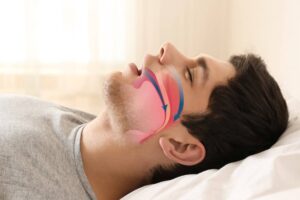Late-Night Worries ─ Investigating the Prevalence of Adult Sleep Disorders

Sleep is a fundamental aspect of human well-being, essential for physical and mental health. However, for many adults, a peaceful night’s sleep remains elusive. Sleep disorders have become increasingly prevalent, affecting millions of people worldwide. This article delves into the prevalence of adult sleep disorders, shedding light on the various conditions that disrupt our slumber. The Importance of Quality Sleep Quality sleep is vital for overall health and productivity. It plays a pivotal role in maintaining cognitive function, emotional well-being, and physical health. Unfortunately, many adults grapple with sleep-related issues that compromise their daily lives. Read more to discover the profound impact of sleep disorders and the importance of seeking effective solutions to ensure a restful night’s sleep. Common Sleep Disorders Insomnia Insomnia is one of the most prevalent sleep disorders among adults. It is characterized by difficulty falling asleep, staying asleep, or experiencing non-restorative rest. Stress, anxiety, and lifestyle factors often contribute to insomnia. The condition can lead to daytime fatigue, irritability, and impaired concentration. Sleep Apnea Sleep apnea is a serious disorder where a person’s breathing repeatedly stops and starts during bedtime. It can result in loud snoring and severe fatigue during the day. Untreated sleep apnea is associated with […]
» Read more

